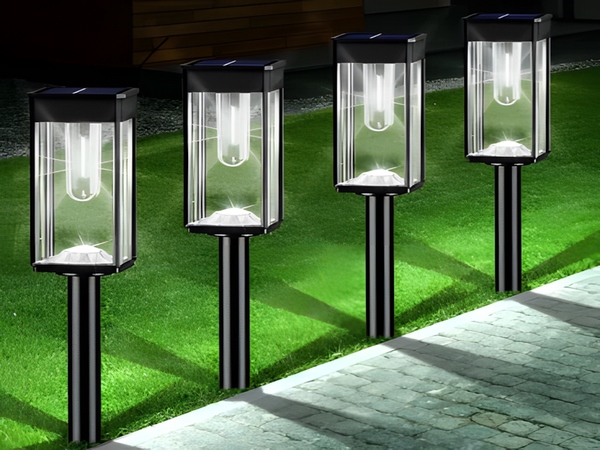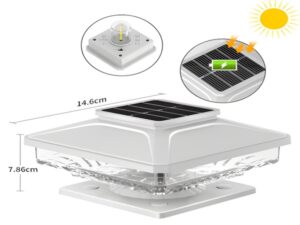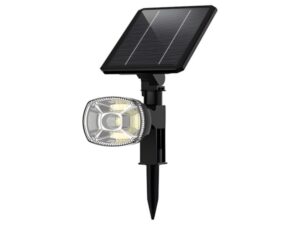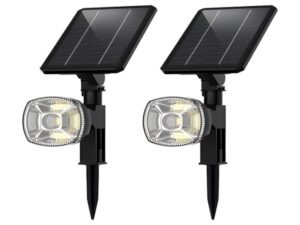

God said, “Let there be light,” and there was light — The Bible. In ancient times, people carried red lanterns for lighting when they went out at night. Since Edison invented the electric light, the world has been rapidly developing. Light is a significant testament to humanity’s conquest of the night, from lanterns to today’s LED street lights and future smart street lights, all of which signify technological advancement and social progress!
In modern cities, streetlight management is a time-consuming, labor-intensive, and complex task. Traditional road lighting equipment consumes a lot of energy, and the widespread distribution and number of street lights make management challenging. Daily inspections are required, and troubleshooting can be quite difficult, often causing headaches for city managers. An intelligent lighting management system allows for remote monitoring and analysis, extending the lifespan of light fixtures by 2 to 4 times, saving a significant amount of fixtures and reducing the workload of replacing them. It effectively lowers the operating costs of the lighting system, making urban lighting management easier and more cost-efficient.
In the future, with just a computer or smartphone, street lights can be remotely managed and monitored in real-time through an intelligent control system. It will allow for real-time remote collection of relevant data such as temperature, power, current, and voltage of all street lights when in operation. With the integration of a GIS geographic information system within the system, combined with the information data of smart IoT street lights, the management interface can clearly identify the location and cause of any abnormal street light, greatly speeding up maintenance and reducing costs. The system also has an alarm function; if any street light exhibits abnormal conditions, the system will immediately alert, achieving intelligent and refined management of the lighting system.

From the above, it is clear that smart street lights play an invaluable role in the construction of smart cities. The essence of intelligent lighting is digitalization and networking. It not only realizes smart control of the lighting system but also can lead to diversified services. The future street lights will no longer only solve lighting issues; they may become carriers of smart cities, used to transmit information and data. Smart street lights will pave the way for urban intelligence.
Street lights have always been committed to producing innovative, technological, and quality solar LED street light products. They also look forward to providing smarter street lights for smart cities.



